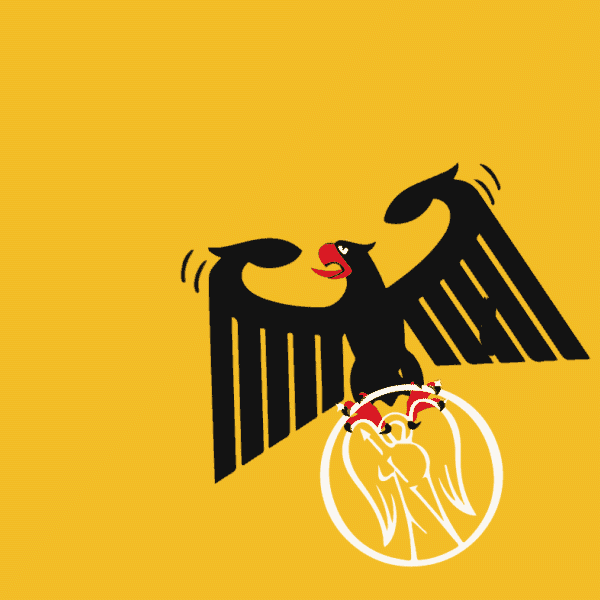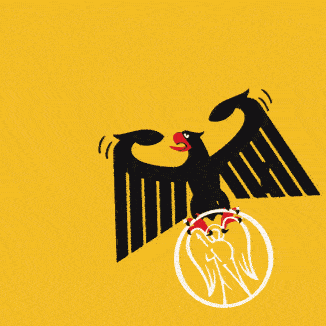Freshfields Bruckhaus Deringer has sought to draw a line under an uncomfortable chapter for the firm with a €10m payment to German authorities in connection with the cum-ex tax controversy.
The matter centres on what had been cited as the biggest tax fraud in Germany’s history, underpinning the resignation and subsequent jailing in 2019 of Freshfields’ global head of tax, Frankfurt-based Ulf Johannemann. He faces charges of fraud in connection with his advice to the defunct German arm of Maple Bank over the legality of a scheme to reclaim more than €380m in tax that was never paid.
Cum-ex transactions allegedly used a loophole in German law to allow investors to claim back dividend tax that was never paid. The practice is claimed to have started in the early 2000s and carried on for several years, costing European taxpayers up to €55bn, according to European Parliament estimates. Legal advisers are accused of having played a central role in exploiting the loophole.
In a statement released on Friday (29 January), a spokesperson for Freshfields said: ‘The Frankfurt General Public Prosecutor’s Office (PPO) will no longer pursue the inclusion of law firm Freshfields Bruckhaus Deringer as a concerned party in the proceedings in connection with share transactions carried out by Maple Bank around the dividend record date.
‘The PPO has closed the Administrative Offences Act (OWiG, Ordnungswidrigkeitengesetz) proceedings against the firm. The firm has made a voluntary payment in the amount of €10m to the German fiscal authorities.
‘This is the result of a constructive dialogue with the PPO in coordination with the court and does not involve an admission of guilt and/or liability. It is a further step forward for the firm as it looks to address these legacy matters reaching back to more than a decade ago and to focus on its future development.’
At the end of August 2019, Freshfields agreed to pay a settlement of €50m after being sued by the liquidator of Maple Bank for €95m. The firm said in a statement at the time that it was ‘convinced that our advice always complied with applicable law’.
For Freshfields it will be a relief to have closure on this saga after an awkward couple of years that has inevitably taken its toll on the firm’s reputation in Germany, one of its key markets and its largest single practice outside the UK.
The scrutiny prompted the firm last May to establish an ethics committee governing its German business.












